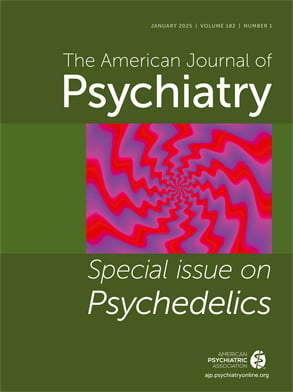I walk through a small park on my way to and from work. It is one of those small “pocket parks” that sprang up when the city got smart and required developers to contribute something to the public domain in return for the right to build high-rises. This particular park is adjacent to a luxury building that was constructed approximately a quarter of a century ago. It has brass trimming and white-gloved doormen. The park is as well cared for as its residents. It even has a fountain and small waterfall. On an outside corner of the park there is a small seat built into a retaining wall. It faces the morning sun and the sidewalk and street. There is only room for one. It is a good place for someone who does not wish to be disturbed. On one side are overhanging trees and on the other, attractive shrubs and flower beds.
Each morning a plain but dignified middle-aged woman arrives to claim the seat, where she remains until well after dusk. Where she goes for the night I do not know, nor whether she leaves by her own accord or at the behest of the authorities. She wears a hat, a jacket, and a brightly colored skirt. In the winter she has a coat and boots as well. She always appears neat and well-groomed. She carries two large zippered cloth bags. At first glance she could be taken for a local enjoying the morning sun. Then one notices that her skirt is a little too bright for the neighborhood, and her bags are a little too overstuffed even for this city where we all carry big bags. Her clothing is too warm for the summer and not warm enough for the winter. She sits quietly with her hands folded and betrays no interest in the activity on the nearby sidewalk. She has a distracted air, and occasionally she can be seen mumbling to herself. I have wondered if she has come to recognize me as I have her. If so, she gives me no more acknowledgment of familiarity than I give her. In this way we are like neighbors who live in the same building but do not acknowledge each other on the elevator. This is how people in a crowded city give each other space. However, my guess is that the woman in the park resides largely in a world of her own making and is not registering much of the world of the park beyond her seat.
Over time the tenacity with which she clings to her seat becomes the most notable feature. At times she needs to briefly leave her space. I occasionally see her on her way to and from the coffee vendor on the next block. At those times she leaves her bags to hold her seat, preferring possible loss of the bags over the loss of the seat. One morning her seat was claimed by a stylishly dressed young woman who seemed oblivious to the fact that the seat belonged to another. Its usual occupant sat nearby in an atypical state of agitation, rocking and talking loudly to herself. Once there was a noisy altercation with another mentally ill homeless woman who occasionally uses the park, but not the seat. They were enraged with each other for no apparent reason, yelling loudly and incomprehensibly. The army marching to work, myself included, hurried by, not believing our assignments included this fracas. It was frightening to feel their raw anger. The doorman had retreated inside the building as well. If it got more out of control, what would be done? Where was the protection for them and for us? In the end, something may have been resolved in the skirmish in that the other woman has disappeared from the park.
Sometimes I see a well-wrapped sandwich on her seat. I like to imagine this is the gift of a concerned neighbor. I find myself torn between worry and relief on those rare occasions when she is not there. After all, this is a public space. Should one person be allowed to make such a powerful claim? I thought of her when I was recently told that morning and evening birdsong is primarily about the marking of territory. How deep must be our drive to have territory of our own and how much its attainment a source of calm and comfort. I wonder if she would have been better off in an earlier era when she would have been cared for in a large institution. No doubt, there also she would have claimed a place to be hers. Is it better that she is freer to choose? I find no ready answers to such questions.

